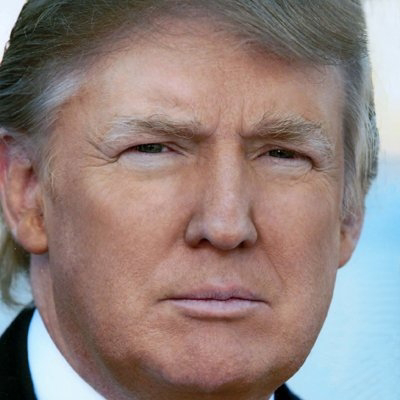Imad Mughniyeh, Hezbollah's military commander, was killed in a covert operation in Damascus
The operation was meticulously planned, with Mossad tracking Mughniyeh's movements for years. On February 12, 2008, Mughniyeh was killed by a bomb planted in the headrest of his car. The bomb was remotely detonated when he approached the vehicle, causing his death instantly without causing significant collateral damage.
The killing of Mughniyeh was seen as a major blow to Hezbollah, as he played a central role in the group's military operations, logistics, and connections with Iran and Syria. His death intensified tensions between Hezbollah and Israel, with Hezbollah vowing retaliation. However, Israel has never officially acknowledged its involvement in the assassination.
This event is part of the broader conflict between Israel and Hezbollah, with both sides engaging in covert and overt military actions against each other.
The Mossad, Israel's intelligence agency, has been involved in several covert operations targeting leaders of Hezbollah, a Lebanese militant group backed by Iran. The conflict between Mossad and Hezbollah stems from Hezbollah's military activities against Israel and its alignment with Israel's adversaries in the region.
1. Imad Mughniyeh (2008): One of the most notable cases is the assassination of Imad Mughniyeh, Hezbollah's military chief. Mughniyeh was a key figure in orchestrating attacks against Israeli and Western targets. He was killed in a joint Mossad-CIA operation in Damascus in 2008 when a car bomb was detonated as he passed by. Mughniyeh had been on Mossad's radar for years due to his involvement in bombings, kidnappings, and attacks during the Lebanese Civil War and later conflicts.
2. Other Operations: Mossad has also been linked to other operations targeting Hezbollah members and infrastructure. These include surveillance and cyber operations aimed at disrupting Hezbollah's activities, smuggling routes, and its arms supplies from Iran.
Hezbollah, on its part, remains a significant force in Lebanon and continues its operations with backing from Iran, often in opposition to Israeli interests in the region. The rivalry between Mossad and Hezbollah reflects the broader geopolitical struggles between Israel and its regional foes.
Please support me





Comments